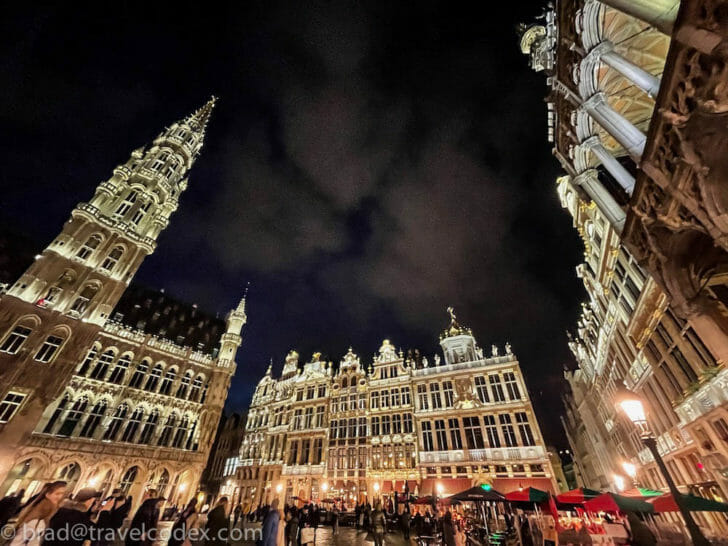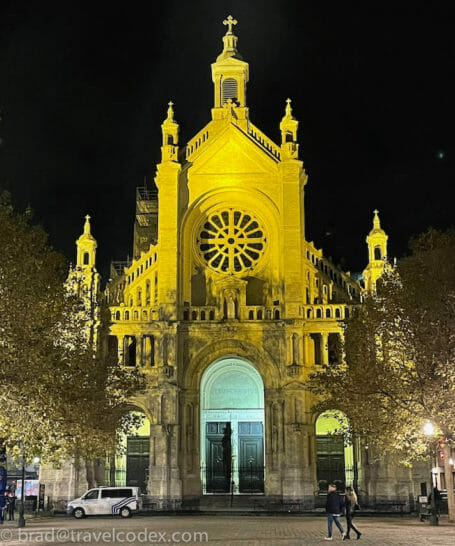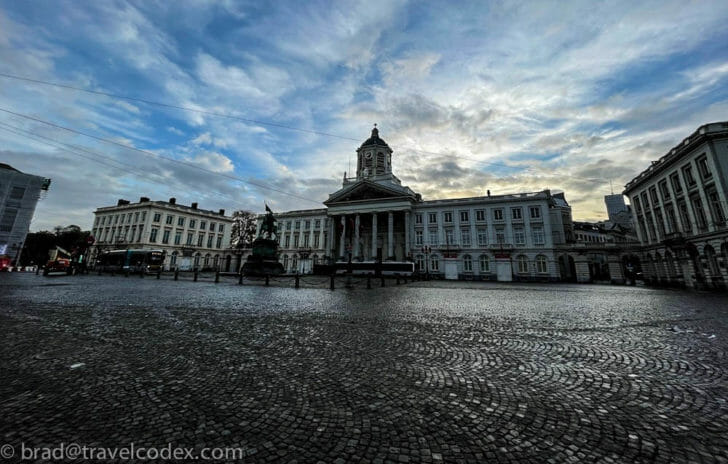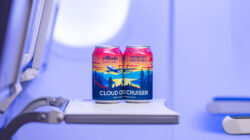I’ve been to Belgium a few times before, and changed planes in Brussels multiple times. Until this trip, I hadn’t spent any time in Brussels itself. This was just a weekend layover between flights on my trip in the fall of 2021. I arrived into Amsterdam Schiphol, and took a train straight to Brussels. This way I could make the most of some extra time in a place I’ve wanted to visit for a while. As is often the case when I travel, I seek out local beer, and Belgium is obviously a good place for that. I’ve also been interested in WWI history, and the battlefields in Flanders aren’t far away, so I spent a day there as well.
Lambic Beer in Brussels
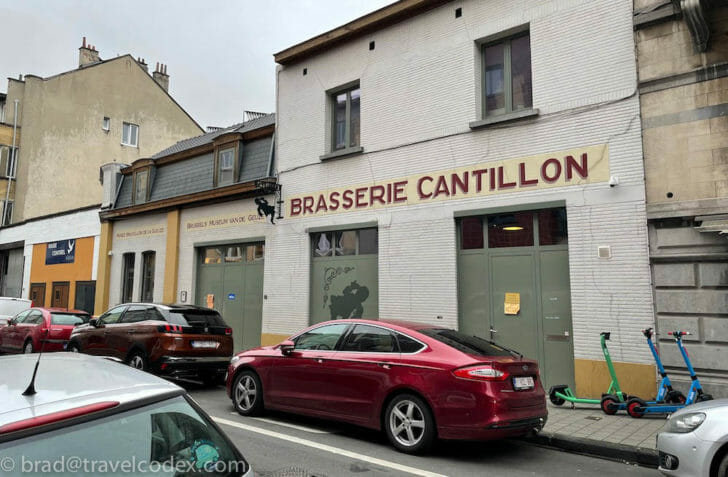
I’ve long enjoyed sour beer, and naturally fermented Lambic beer is native to Brussels and the surrounding area. I made an effort to visit Cantillon Brewery, and the Geuze Museum that is there. Cantillon is one of the best Lambic brewers in the world, and the last one still in Brussels. The tour was fun, and the beer is excellent. This tiny brewery has small production, and they can only brew when the temperature is right.
During my tour they mentioned that brewing days have been decreasing as warm temperatures have been lasting longer into the fall. Guided tours are offered on Saturdays, at various times, in French, Dutch, or English, and cost €9.50, with tasting included. The brewery is closed Wednesday and Sunday, and other days self guided tours are €7. Cantillon uses local grains and hops as much as possible, and much of their brewing equipment is quite old, hence the equipment they use is part of the museum.
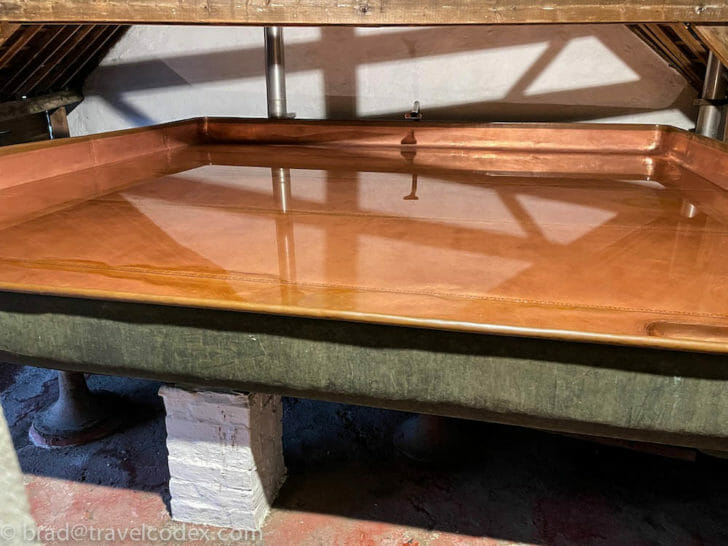
After fermentation, most of the beer is transferred into barrels for aging. Depending on the style of beer being made, the time in barrels could vary. Many of the Lambic beers are a mix of older and newer beers, and sometimes have fruit or other grains added prior to bottling.
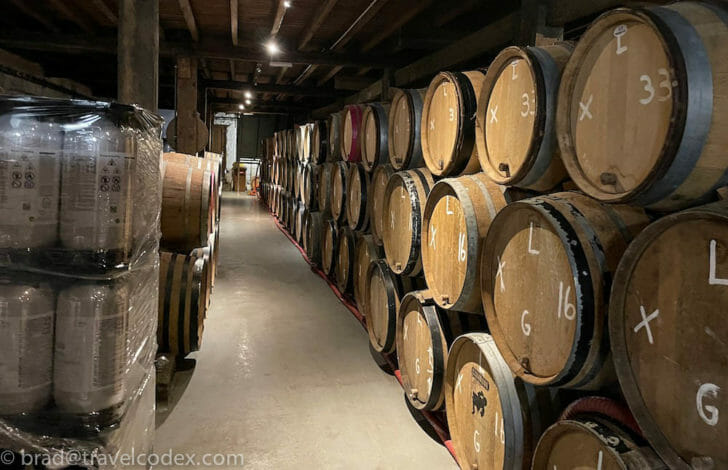
After blending, the beer is bottled, and then stored until ready to serve.
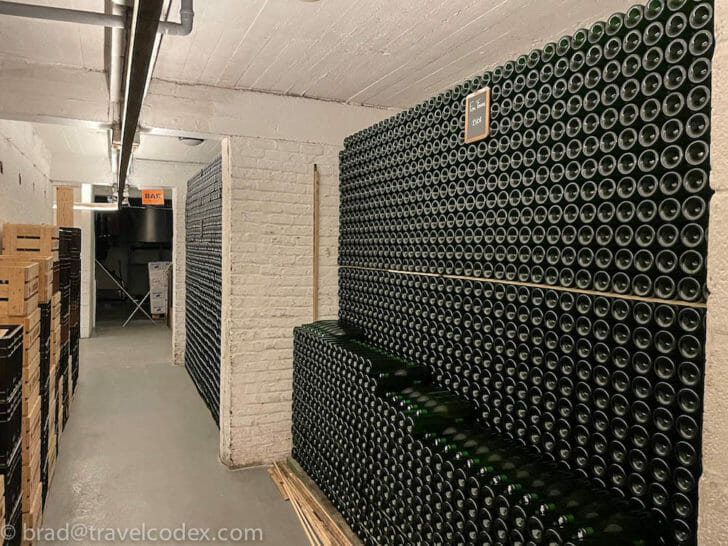
Cantillon’s beers are very hard to come by outside of Belgium, and if they are found, there is often a significant markup. I was lucky to be able to taste a few beers after the tour, and purchased a few bottles to enjoy back in my hotel. Unfortunately, I couldn’t bring any beer home with me, would have been too much of a hassle with my additional travel after this leg of my trip.
In Flanders Fields
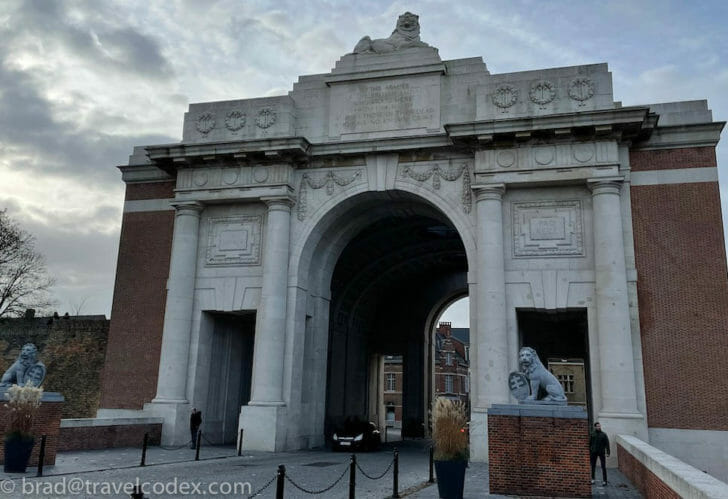
One other aspect native to Belgium that has intrigued me is the horror that was the First World War in the trenches farm fields in West Flanders. With various memorials marking the centennial of the war in 1914-1918, there has been more visibility of this period of history of late. An unplanned tour in New Zealand some years back started my renewed interest in the history of this war. With some free time, and easy train service from Brussels, I headed west to Ypres (Ieper in Dutch). I also booked a ticket for the “In Flanders Fields” Museum. This museum is located in the Cloth Hall, originally buildtin the 1300s, but mostly left to ruins when the war ended in 1918. Further renovations continue today.
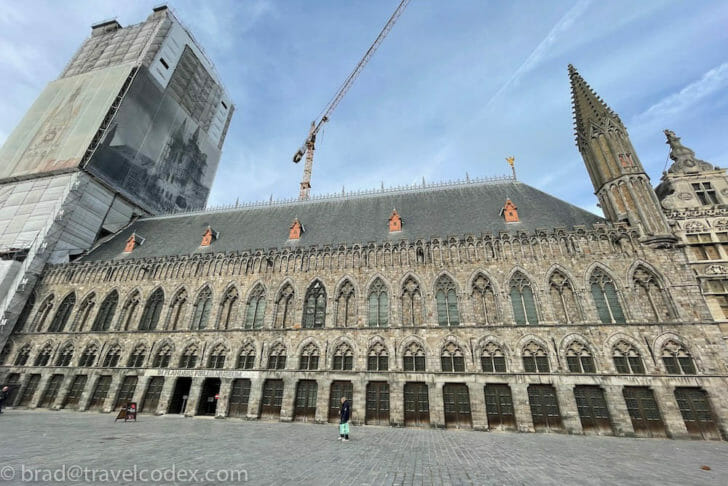
The museum is modern, with lots of audio visual presentations and countless artifacts on display. The audioguide is well worth a small premium. I found it rich with recreated moments based on oral history from veterans and survivors. The museum by no means glorifies war, but rather demonstrates its futility.
One notable artifact is a segment of a tree that was on the battlefield that fell in the 1970s. The tree lived for hundreds of years, but damage from shelling from 1914-1918 is still evident.
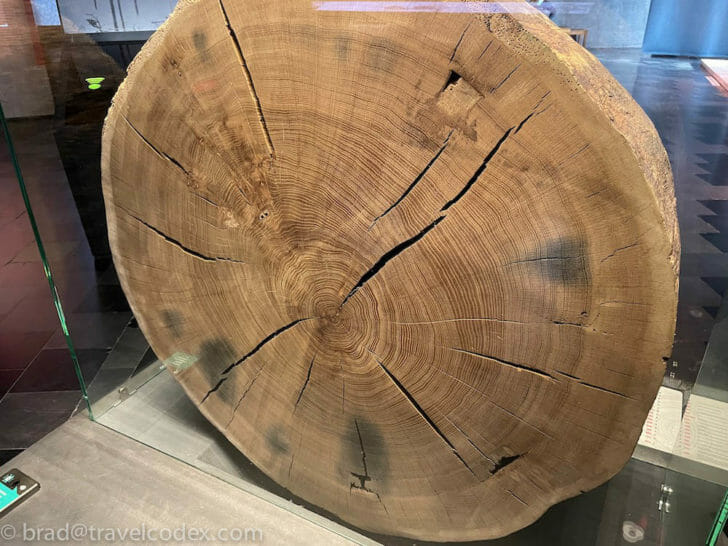
Of course the name of the museum comes from the famous war poem by Canadian physician and soldier John McCrae.
In Flanders fields the poppies blowBetween the crosses, row on row,That mark our place; and in the skyThe larks, still bravely singing, flyScarce heard amid the guns below.We are the Dead. Short days agoWe lived, felt dawn, saw sunset glow,Loved and were loved, and now we lie,In Flanders fields.Take up our quarrel with the foe:To you from failing hands we throwThe torch; be yours to hold it high.If ye break faith with us who dieWe shall not sleep, though poppies growIn Flanders fields.
Ypres
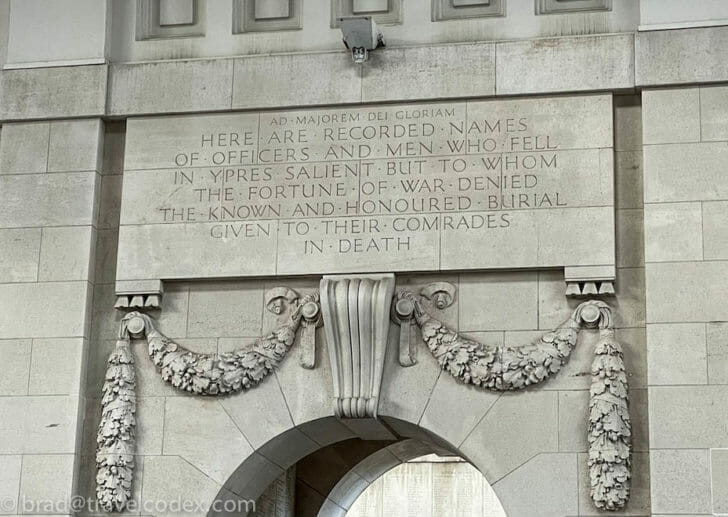
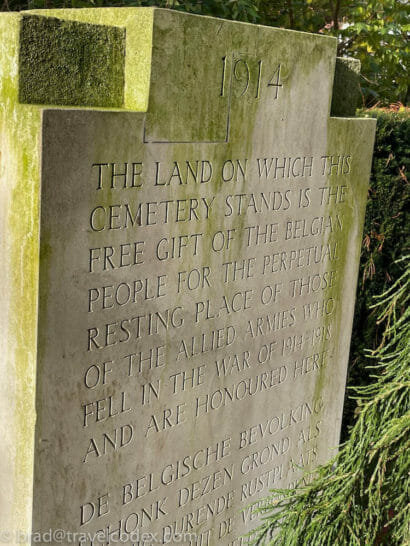
Brussels
